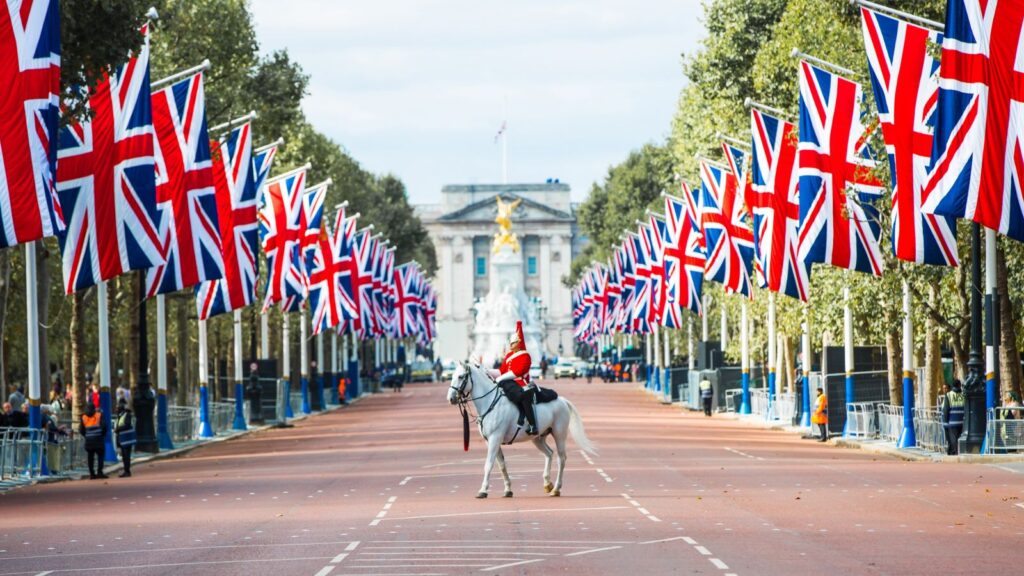Many British traditions have stood the test of time, but not all of them are as noble or worthy of celebration as they might seem at first glance. Some customs, once commonplace, have roots in practices that we would rather forget.
“Stiff Upper Lip” Mentality

The British “stiff upper lip” is often romanticised as a sign of resilience and stoicism. While there’s something admirable about staying calm in a crisis, this tradition has also led to a culture where people are encouraged to suppress their emotions and “keep calm and carry on” at all costs.
Notion of Class Hierarchy

One of the country’s most deeply ingrained traditions is the class system, but it’s not one to be particularly proud of; for centuries, society has been divided into classes based on birth, wealth, and occupation. This hierarchy has perpetuated inequality, limiting opportunities for those born into lower classes.
Fox Hunting

Fox hunting is a tradition that dates back hundreds of years and was once a popular pastime among the British upper class, and despite being banned in 2004, it remains a controversial issue. Some people still engage in the practice under the guise of trail hunting, while the tradition is steeped in cruelty.
The Idea of a “Good Old Pub Brawl”

The notion that a “good old pub brawl” is something to laugh about or even celebrate is problematic. The idea that it’s just part of British culture to get into a fight after a few too many pints is harmful and can lead to dangerous situations.
Colonial Nostalgia
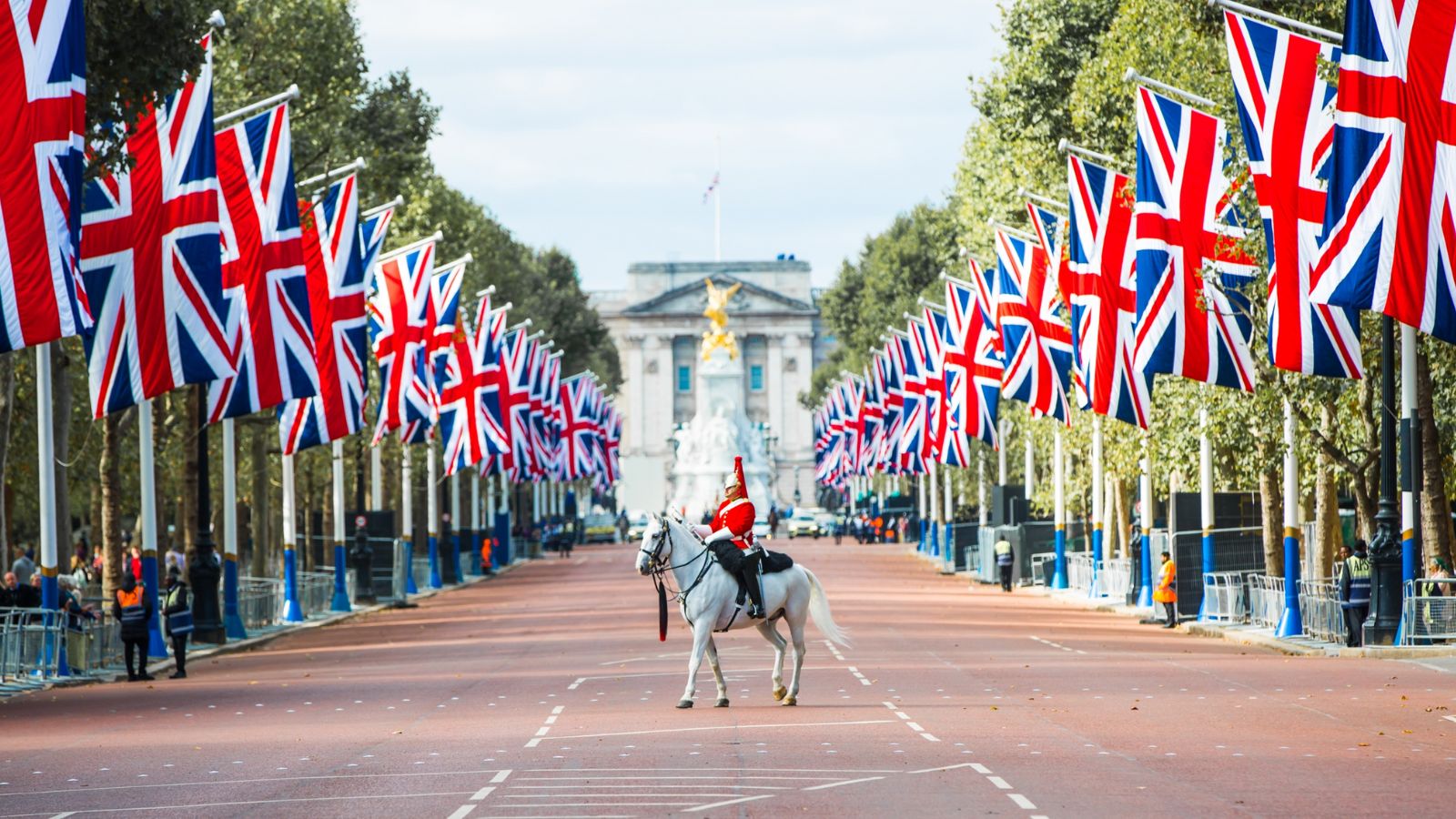
There’s a troubling trend in Britain of romanticising the days of the British Empire. While some see it as a time of national pride, it’s important to remember that the empire was built on exploitation, violence, and oppression of countless people across the world.
Tradition of Public School Privilege

Public schools—which are actually private and often very expensive—have long been a cornerstone of the British elite. The tradition of sending children to these prestigious institutions is seen as a mark of status, but it also perpetuates inequality.
Guy Fawkes Night Celebrations
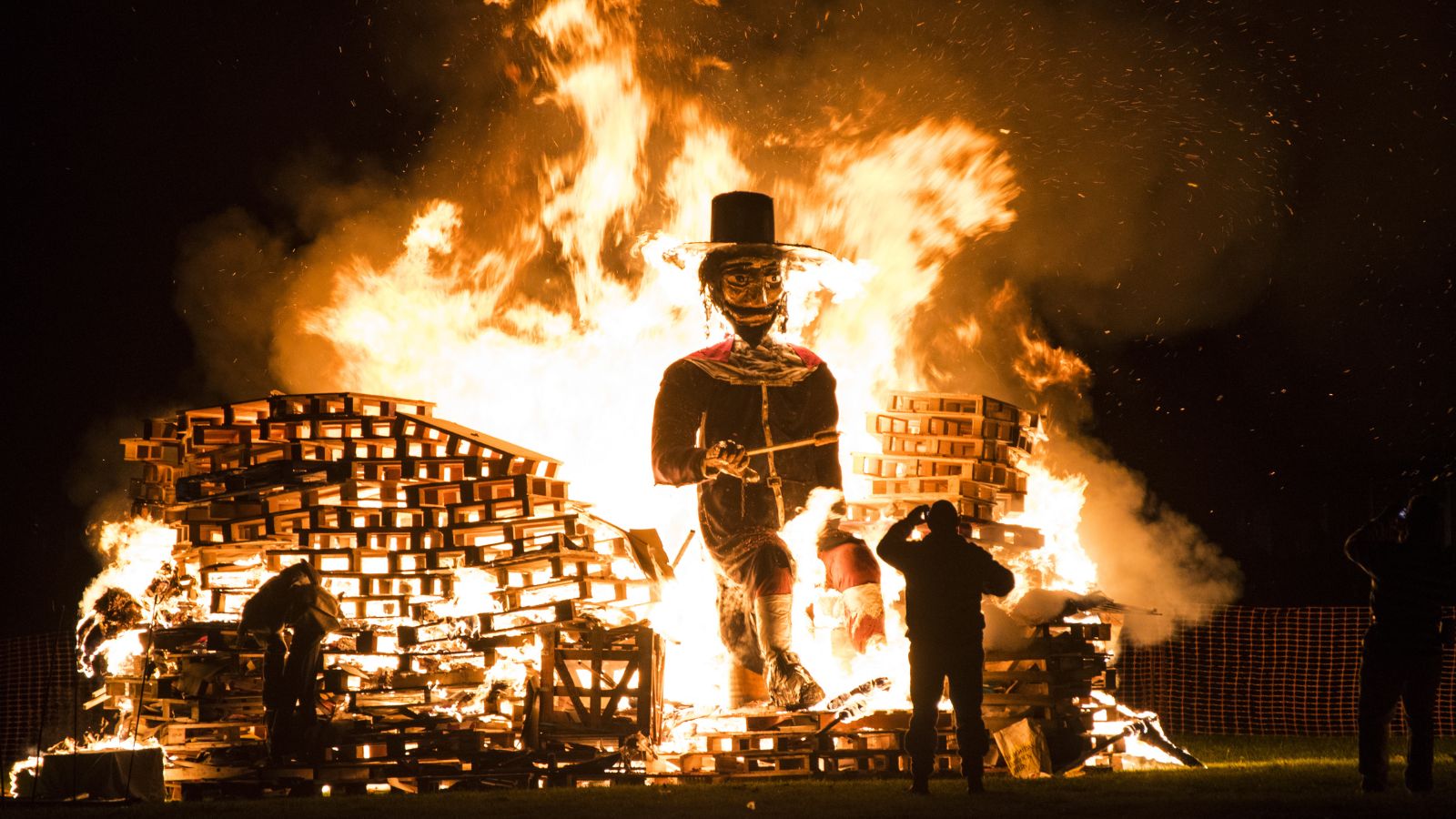
Every 5th of November, Britons celebrate Guy Fawkes Night with bonfires and fireworks, marking the anniversary of the failed Gunpowder Plot, yet the tradition has a darker side. The celebration originally involved burning effigies of Guy Fawkes, and in some places, even the Pope, reflecting anti-Catholic sentiment.
The Royal Obsession
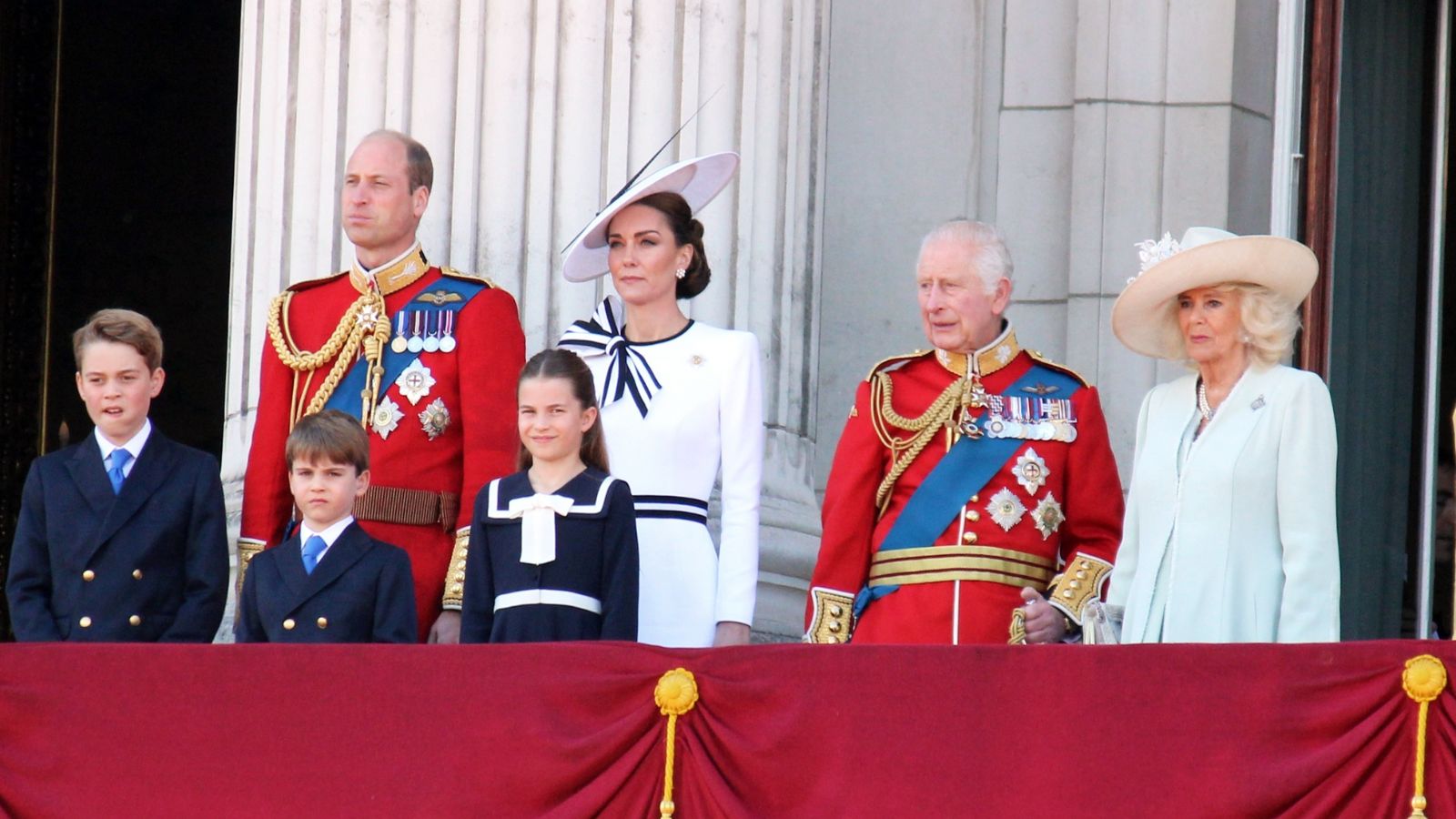
Obsession with the Royal Family is a tradition that has persisted for centuries, with many seeing the monarchy as a symbol of national unity, but it’s also worth questioning the amount of public money and attention devoted to a system based on hereditary privilege. The tradition of venerating the royals can suggest that some people are inherently better or more deserving of wealth and status.
Dogged Loyalty to Stereotypes

Britain has long been associated with certain stereotypes, such as the idea that all Britons drink tea constantly or that they’re all perpetually polite. While some of these stereotypes are harmless, others can be limiting and perpetuate narrow views of what it means to be British.
Tradition of the “Boys’ Club”

The “boys’ club” mentality has been a feature of society in the UK for generations, particularly in certain professions like politics, finance, and media. This tradition is all about exclusion, where power and opportunities are concentrated among a small group of men, often to the detriment of women and minorities.
Practice of Curtsying

Curtsying to members of the Royal Family is a tradition that dates back centuries, but in today’s world, it can feel outdated and out of place. The practice is a physical manifestation of deference and reinforces the idea of a hierarchical society.
Sunday Roast and The Pressure to Conform
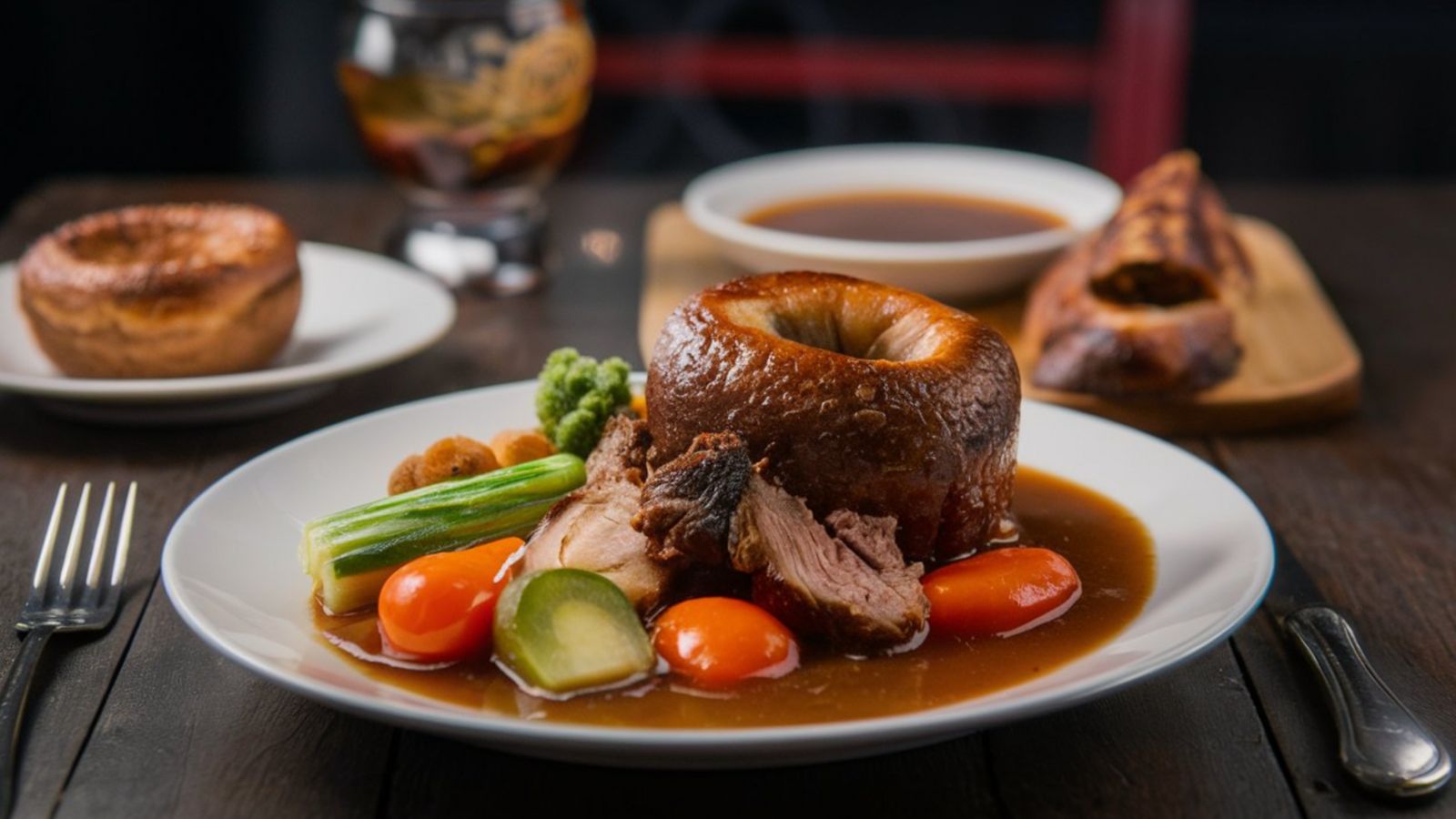
A beloved British tradition is the Sunday roast, but it’s also one that can come with its own set of pressures. The expectation to gather for a large, traditional meal every Sunday can feel burdensome, particularly for those who don’t enjoy cooking or who come from different cultural backgrounds.
Taking a Gap Year

Taking a gap year before university has become a rite of passage for many young Britons, but the tradition has its problematic side, as often, these “gap yahs” involve travelling to less developed countries, where young people might engage in voluntourism. This tradition can be seen as a form of neo-colonialism, where privileged Westerners visit poorer countries with a saviour complex.
Endless Small Talk

The United Kingdom is famous for its love of small talk, particularly about the weather, which can be a useful social lubricant, however this tradition can also feel superficial and limiting. The pressure to engage in endless small talk can prevent deeper, more meaningful conversations from happening.
Tradition of the Full English Breakfast

Having a Full English Breakfast is a British institution, but it’s also a tradition that might be worth rethinking. This meal, typically loaded with fried foods, can be a bit of a heart attack on a plate.
Concept of “Muddling Through”

Long priding themselves on their ability to “muddle through” difficult situations, and while there’s something commendable about perseverance, Britons can also then have a reluctance to plan properly or seek help when needed. The idea of just “getting on with it” can sometimes prevent people from addressing problems head-on.
Custom of Tipping the Scales for the Upper Class

Tipping is a common practice worldwide, but in Britain, there’s a long-standing tradition of tipping as a way to curry favour with the upper class. This can be seen in everything from tipping waitstaff to offering gifts to landlords or teachers, often with the expectation of receiving special treatment in return.
Reluctance to Embrace Foreign Influences

British culture has sometimes been characterised by a reluctance to embrace foreign influences, particularly in food, language, and customs. The idea that “British is best” can lead to a narrow, insular view of the world, preventing the country from fully enjoying the richness that comes from cultural exchange.
Tradition of Excessive Drinking

With a long history of excessive drinking, particularly in social settings like pubs and parties, the UK tradition of drinking to excess can lead to serious health problems and social issues. This culture of binge drinking is often seen as a rite of passage or even a badge of honour, but it can have damaging consequences.
Glorification of War

Finally, British history is filled with stories of military triumphs, and there’s a long tradition of glorifying war and the armed forces. While it’s important to remember and honour those who have served, the romanticisation of war can overshadow its horrors and the suffering it causes.

